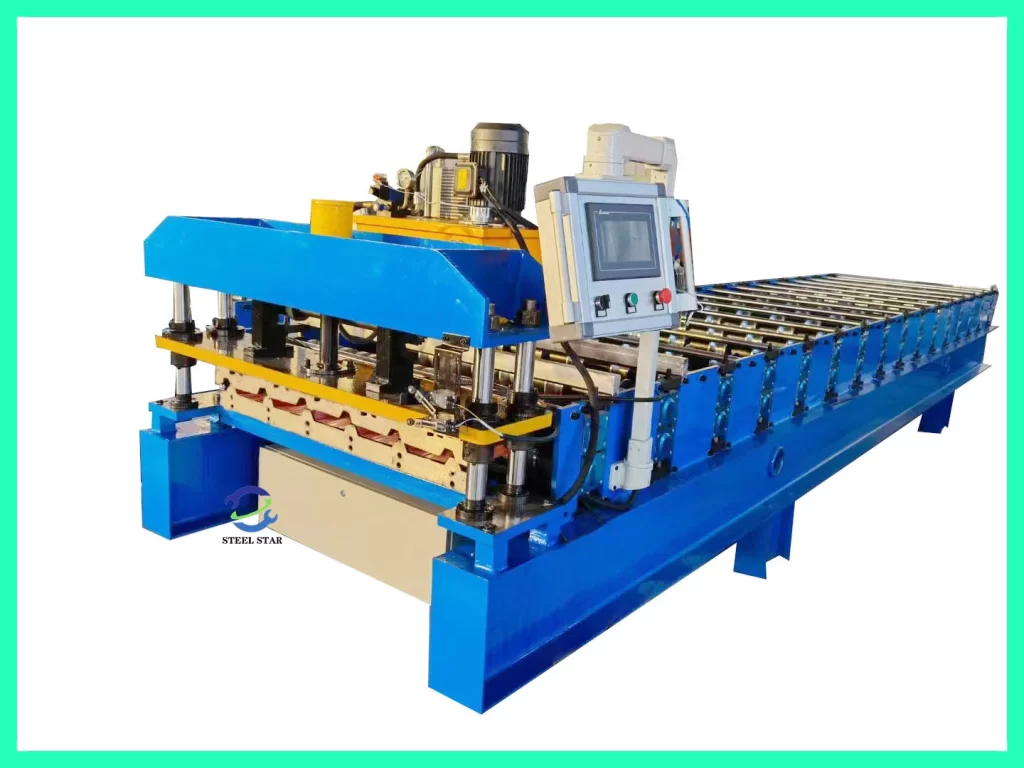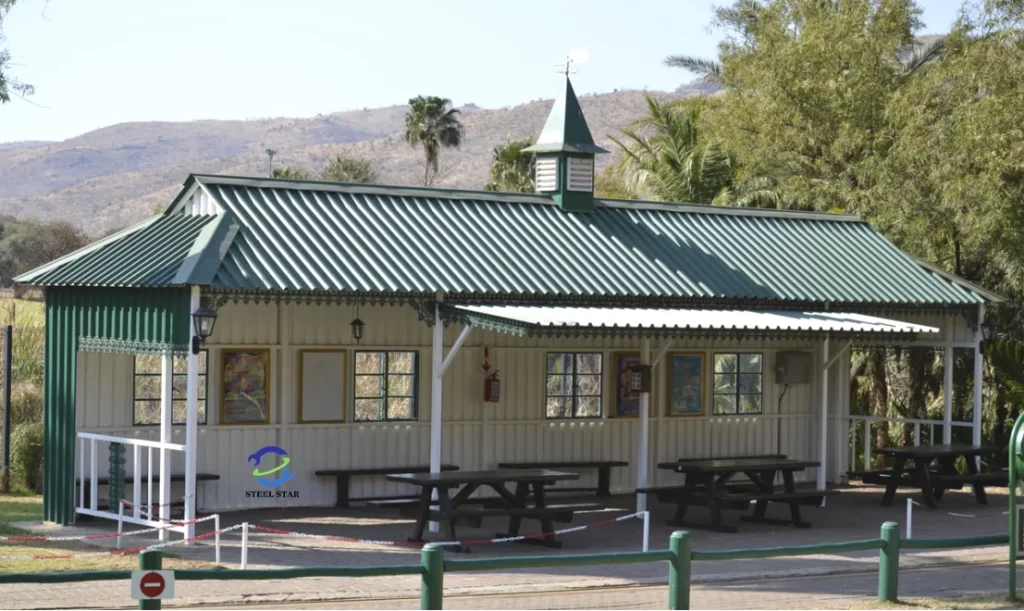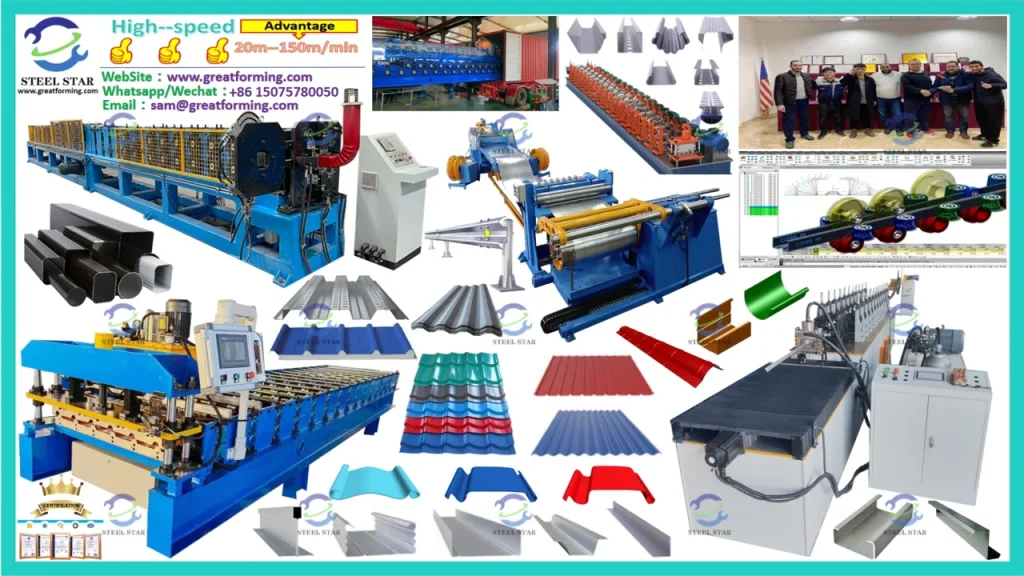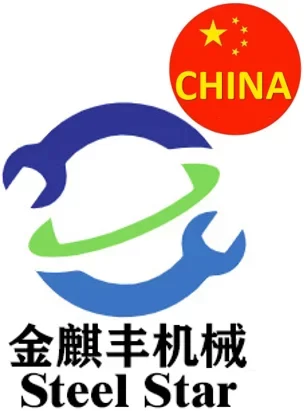Steel Roofing
《Advantages and Disadvantages of Steel Roofing》
Steel roofing has become an increasingly popular choice for both residential and commercial buildings in recent years. It offers several advantages that make it a preferred roofing material for many property owners.
Advantages
Durability: Steel roofing is known for its long lifespan. It can withstand harsh weather conditions such as heavy rain, snow, hail, and strong winds. With proper installation and maintenance, a steel roof can last for 50 years or more, providing excellent value for money in the long run.
Lightweight: Compared to traditional roofing materials like concrete tiles or slate, steel roofing is much lighter. This makes it easier and safer to install, reducing the load on the building structure. It is also a great option for buildings with limited load-bearing capacity.
Energy Efficiency: Steel roofing reflects sunlight and heat, which helps to keep the building cooler in the summer. This can lead to significant energy savings on air conditioning costs. Some steel roofing products also have insulating properties, further enhancing the energy efficiency of the building.
Low Maintenance: Steel roofs require minimal maintenance. They are resistant to rot, mold, and mildew, which are common problems with other roofing materials. Occasional cleaning and inspection are usually sufficient to keep the roof in good condition.
Versatility: Steel roofing comes in a wide variety of colors, styles, and profiles. It can be made to mimic the look of traditional roofing materials such as shingles, tiles, or slate, giving property owners the option to choose a design that complements the architecture of their building.

Disadvantages
Initial Cost: The initial cost of installing a steel roof can be higher than some other roofing materials. However, as mentioned earlier, the long-term durability and low maintenance requirements can offset this cost over time.
Noise: Steel roofs can be noisy during heavy rain or hailstorms. However, this can be minimized by installing proper insulation and underlayment.
Expansion and Contraction: Steel expands and contracts with temperature changes. If not properly installed, this can lead to leaks and other problems. Professional installation is crucial to ensure that the roof can accommodate these movements.
Steel Roofing Machine
《Introduction to Steel Roofing Machines》
Steel roofing machines play a crucial role in the production of steel roofing materials. These machines are designed to transform flat steel coils into various types of roofing panels with different profiles and shapes.
Types of Steel Roofing Machines
Roll Forming Machines: This is the most common type of steel roofing machine. It uses a series of rollers to gradually shape the flat steel coil into the desired roofing profile. Roll forming machines can produce a wide range of roofing panels, including corrugated panels, standing seam panels, and trapezoidal panels. They are highly efficient and can produce large quantities of roofing panels in a short time.
Cutting Machines: Cutting machines are used to cut the formed roofing panels to the required length. There are different types of cutting machines, such as shearing machines and sawing machines. Shearing machines are suitable for cutting straight edges, while sawing machines can handle more complex shapes and curves.
Bending Machines: Bending machines are used to create bends and folds in the roofing panels. This is often required for creating edges, corners, and other details in the roofing system. Bending machines can be manual or automatic, depending on the production requirements.
Punching Machines: Punching machines are used to create holes and perforations in the roofing panels. This is necessary for attaching the panels to the roof structure or for ventilation purposes. Punching machines can be programmed to create different patterns and sizes of holes.

Factors to Consider When Choosing a Steel Roofing Machine
Production Capacity: The production capacity of the machine should match the production requirements of the business. It is important to choose a machine that can produce the required quantity of roofing panels in a timely manner.
Profile and Shape: Different roofing projects may require different profiles and shapes of roofing panels. The steel roofing machine should be able to produce the specific profiles and shapes required for the project.
Accuracy and Precision: The accuracy and precision of the machine are crucial for producing high-quality roofing panels. A machine with high accuracy and precision will ensure that the panels fit together properly and provide a watertight roofing system.
Ease of Operation and Maintenance: The machine should be easy to operate and maintain. It should have a user-friendly interface and clear instructions for operation. Regular maintenance should be simple and inexpensive to perform.
Website:
www.greatforming.com (English)
www.arabicgreatforming.com (عربي)
www.russiangreatforming.com(Русский)
www.spanishgreatforming.com(Español)
www.frenchgreatforming.com(Français)
www.portuguesegreatforming.com(Portuguese)

